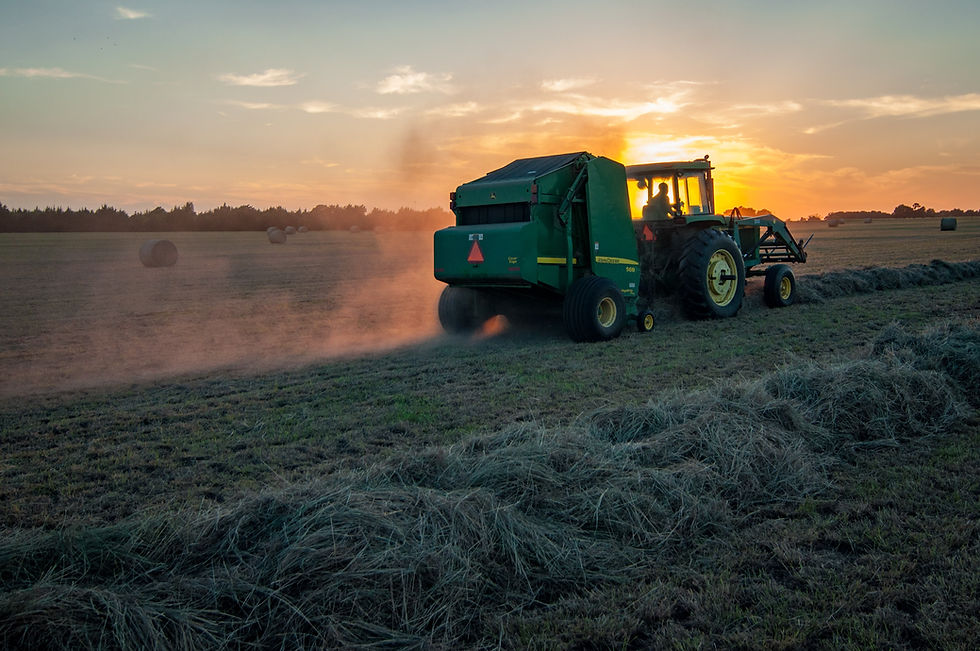'Life or death': rural health back under the spotlight
- Flow Australia
- Nov 23, 2023
- 2 min read
An inquiry will examine the NSW government's progress in improving healthcare in rural areas, 18 months after revelations the system was at breaking point.

The doors of the $60 million refurbished Inverell hospital were swung open with big promises: more staff, better treatment and care closer to home.
But residents of the NSW northern tablelands farming town say the shine has worn off since the 2021 opening, as doctor shortages force locals to take a three-hour round trip to Armidale for treatment.
The Inverell Health Forum, a group of local leaders and health workers, has told a NSW parliamentary inquiry residents are delaying care because of the burden of travel and isolation from their families.
"Sadly, in some cases this delay means help comes too late," the forum's submission to the inquiry said.
"The lack of reasonable access to basic healthcare is far more than an inconvenience for communities like Inverell.
"For many people, it is a life or death matter."
Pressures on the state's rural health system are again being examined, 18 months after a damning inquiry revealed the sector was at breaking point.
Inverell is a well-known farming district and has a population of more than 12,000.
The 2021-22 inquiry found residents in regional, rural, and remote areas have worse health outcomes than their city peers and made 44 recommendations for change.
From Friday, a new inquiry will hold hearings to investigate progress on some of the recommendations, including measures to improve workforce shortages and health funding.
While some in the sector have told the latest inquiry there have been early improvements, many others say the pressures have only increased.
The Australian Medical Association of NSW said government initiatives to attract and retain rural doctors were lacking, with 72 GPs leaving rural and remote areas in the second half of last year.
"Despite the recommendations, primary healthcare access has continued to deteriorate in remote and rural areas," its submission said.
Although boosting the GP workforce is a federal responsibility, NSW Health should set targets for the number of final-year medical students choosing to work in regional hospitals, the association said.
"AMA NSW continues to maintain that the key to attracting and retaining doctors to rural and regional areas is to provide excellent and supported working opportunities."
A major revelation in the 2022 inquiry was a culture of fear preventing staff from calling out risks to patient safety.
Nurses have told the latest investigation those fears persist.
"Members report having their career options limited without explanation or their work unfairly scrutinised when they are doing nothing more than advocating for safe and effective patient care," the NSW Nurses and Midwives' Association's submission said.
Nurses also expressed concern about an increasingly heavy reliance on virtual care in rural hospitals, instead of filling medical positions.
NSW Health's submission said a recent review showed the department had implemented or made progress on most of the recommendations.
"NSW Health acknowledges more needs to be done to improve access to healthcare and health outcomes for people living in regional, rural and remote areas and recognises the enormous contribution our health workforce makes to keeping these communities healthy."
The inquiry will hold its first hearings at NSW Parliament House.






Comments